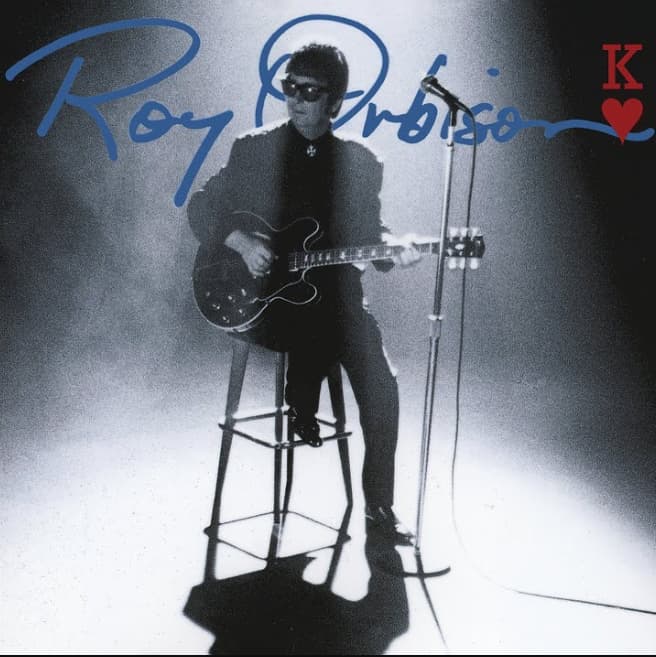
A Big O Ballad That Captured the Fading Light of Reckless Youth
The ache of realizing that passion and freedom have a finite expiration date, sung with the inimitable, poignant tenor of The Big O.
For those of us who came of age when the world seemed vast and full of boundless possibility, a song like Roy Orbison‘s “Wild Hearts Run Out of Time” hits with a specific, reflective melancholy. It wasn’t one of the chart-smashing, iconic hits that defined his early career—it’s a gem from his later period, a powerful, emotional echo that speaks profoundly to the experience of looking back.
The song was initially released as a standalone track in 1985, a vital component of the soundtrack for the film Insignificance, a movie that played with themes of celebrity and the fleeting nature of fame. It wasn’t a major international single release at the time, but it did see a release as a single, often titled “Wild Hearts (… Time),” in territories like Canada, Australia, and Europe, where Orbison’s popularity had remained consistently strong through his lean years. Crucially, the song received a new wave of attention when it was included on the posthumous 1992 compilation album, King of Hearts, cementing its place in the late-career renaissance of The Big O. While it didn’t register on the US Billboard Hot 100 or the UK Singles Chart with its initial release, its inclusion on the album demonstrated its quality and enduring emotional resonance.
Penned by Orbison himself alongside the masterful lyricist Will Jennings (who would later co-write classics like “Tears in Heaven”), the song is steeped in the familiar Orbison drama, but with a more mature, wistful perspective. It is a haunting exploration of the limits of freedom and the inescapable toll of time on a relationship and a life lived on the edge. The meaning is right there in the title: the passionate, reckless impulses of youth—the “wild hearts”—must eventually confront reality. “You’re gone again this morning, how long will you keep running on and on?” he cries, his voice soaring from that vulnerable, tremulous low register to its signature, heartbreaking climax. It’s the sound of a man watching a love, and perhaps a part of himself, disappear over the horizon because the youthful energy that drove the passion has simply been expended.
The story behind it isn’t one of a smash hit session, but of a quiet, persistent artist keeping his craft alive during a lull. Recorded during the mid-80s, before the massive success of The Traveling Wilburys and the Mystery Girl album, it perfectly bridges the gap between the classic, wall-of-sound vulnerability of his Monument years and the crisp, modern production that would mark his final comeback. Hearing Roy Orbison sing this song now, knowing his own history of immense personal tragedy and resilience, only deepens the meaning. It’s not just a love song; it’s a meditation on mortality, on the preciousness of moments, and the painful knowledge that the most beautiful, free-spirited loves are often the ones that burn out the fastest. For us older listeners, it’s a nostalgic mirror, reflecting a time when we might have felt invincible, before realizing that the clock, even for the wildest of hearts, never stops ticking. It is a stunning, under-appreciated piece of work, and one that proves Roy Orbison never lost his ability to articulate the deepest aches of the human condition.